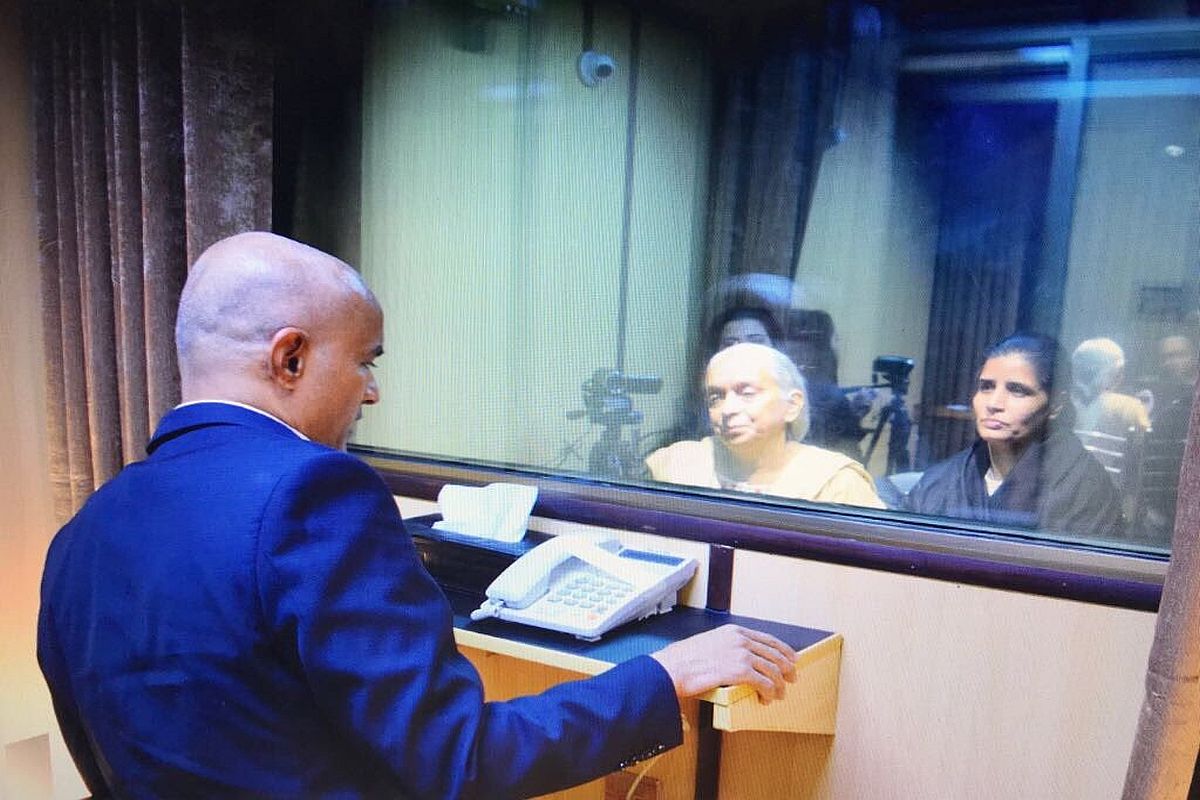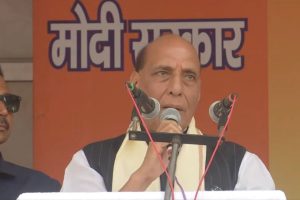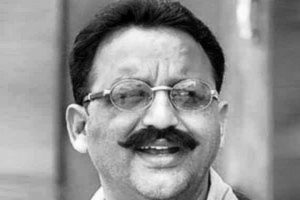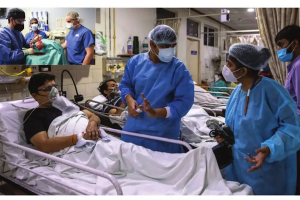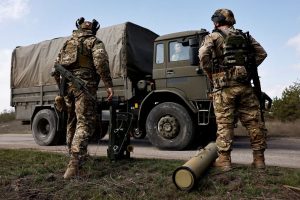The International Court of Justice (ICJ) has found that Pakistan has violated its obligations under Article 36 of the Vienna Convention in the Kulbhushan Jadhav case
ICJ President Judge Abdulqawi Yusuf told the United Nations General Assembly on Wednesday said that appropriate remedies were due in the case.
Presenting the report of the International Court of Justice to the 193-member UN General Assembly on Wednesday, Yusuf said in its judgement of July 17 the principal judicial organ of the United Nations found that Pakistan had violated its obligations under Article 36 of the Vienna Convention and that appropriate remedies were due in this case.
In a major victory for India, the International Court of Justice (ICJ) on July 17 ordered Pakistan not to execute Kulbhushan Jadhav and directed “effective review and reconsideration” of his conviction and the sentence awarded to him by a military court.
The world court bench led by Yusuf, while rejecting all objections raised by Pakistan, directed it to grant consular access to Jadhav “without further delay”, while holding that it had “breached” the Vienna Convention in this regard by denying him this right.
The ICJ gave a detailed verdict rejecting all the objections of Pakistan, including one unanimously on the admissibility of the case and also the claims by Islamabad that India had not provided the actual nationality of Jadhav.
The verdict was 15 to one in favour of India – the lone dissenter being from Pakistan.
Pakistan has claimed that it arrested Jadhav on 3 March 2016 when he attempted to cross over into the country from the Saravan border in Iran in pursuit of targets set by his RAW handlers. New Delhi has rubbished Pakistan’s claim, asserting that the Indian national was abducted by Pakistani agencies from Iran where he was running a business.
Pakistan subsequently conducted a farcical trial of Jadhav in a military court and sentenced him to death. Pakistan Army chief, Gen Qamar Javed Bajwa, had endorsed the death penalty for Jadhav in April 2017. Following this, India approached the ICJ.
ICJ President Yusuf elaborated on several aspects of the World Court’s ruling in Kulbhushan Jadhav’s case while presenting his report to the UN General Assembly.
He said one of the issues that the UN Court had to examine was the question of whether the rights relating to consular access, set out in Article 36 of the Vienna Convention, were in any manner to be excluded in a situation where the individual concerned was accused of “carrying out acts of espionage”.
The UN Court noted in that regard that there is no provision in the Vienna Convention containing a reference to cases of alleged “espionage”; nor does the Article concerning consular access, Article 36, exclude from its scope certain categories of persons, such as those suspected of espionage. Therefore, the Court concluded that Article 36 of the Vienna Convention was applicable in full to the case at hand, he said.
The Court was also called upon to interpret the meaning of the expression without delay in the notification requirements of Article 36 of the Vienna Convention. The Court noted that in its case, the question of how to determine what was meant by the term without delay depended on the given circumstances of a case.
Taking into account the particular circumstances of the Kulbhushan Jadhav case, the World Court noted that Pakistan’s making of the notification some three weeks after Mr Jadhav’s “arrest” constituted a breach of its obligation to inform India’s consular post without delay, as required by the provisions of the Vienna Convention, he noted.
He further said that another interesting legal question that the UN Court had to address was whether a bilateral agreement on consular access concluded between the two Parties – India and Pakistan – in 2008 could be read as excluding the applicability of the Vienna Convention.
The Court considered that this was not the case, he said.
Coming to the crux of the Court’s ruling, he said the Court considered the reparation and remedies to be granted after it had found that the rights to consular access had been violated.
“In line with its earlier jurisprudence in other cases dealing with breaches of the Vienna Convention, the Court found that the appropriate remedy was effective review and reconsideration of the conviction and sentence of Jadhav.
Yusuf told the General Assembly that the Court moreover clarified what it considered to be the requirements of effective review and reconsideration.
It stressed that Pakistan must ensure that full weight is given to the effect of the violation of the rights set forth in the Vienna Convention and guarantee that the violation and the possible prejudice caused by the violation are fully examined.
While the World Court left the choice of means to provide effective review and reconsideration to Pakistan, it noted that effective review and reconsideration presupposes the existence of a procedure that is suitable for this purpose and observed that it is normally the judicial process that is suited to this task.
Yusuf said that following its ruling, the Court received a communication dated August 1, 2019, from Pakistan confirming its commitment to implementing the July 17 judgment in full.
Pakistan stated that Jadhav had been immediately informed of his rights under the Vienna Convention and that the consular post of the High Commission of India in Islamabad had been invited to visit him on August 2, 2019, Yusuf said.
However, India had declined the offer of consular access as Pakistan has set some conditions, like insisting that it will have its own person present during the meeting between Indian officials and Jadhav.
Later on September 2, India’s Deputy High Commissioner to Pakistan, Gaurav Ahluwalia met Jadhav after Pakistan granted consular access to the Indian national.
However, New Delhi was not impressed with the whole exercise and claimed that Jadhav appeared “under extreme pressure to parrot a false narrative to Pakistan’s untenable claims”.
Following this, Pakistan ruled out a second consular access to the former Indian naval officer Kulbhushan Jadhav.
(With PTI inputs)

